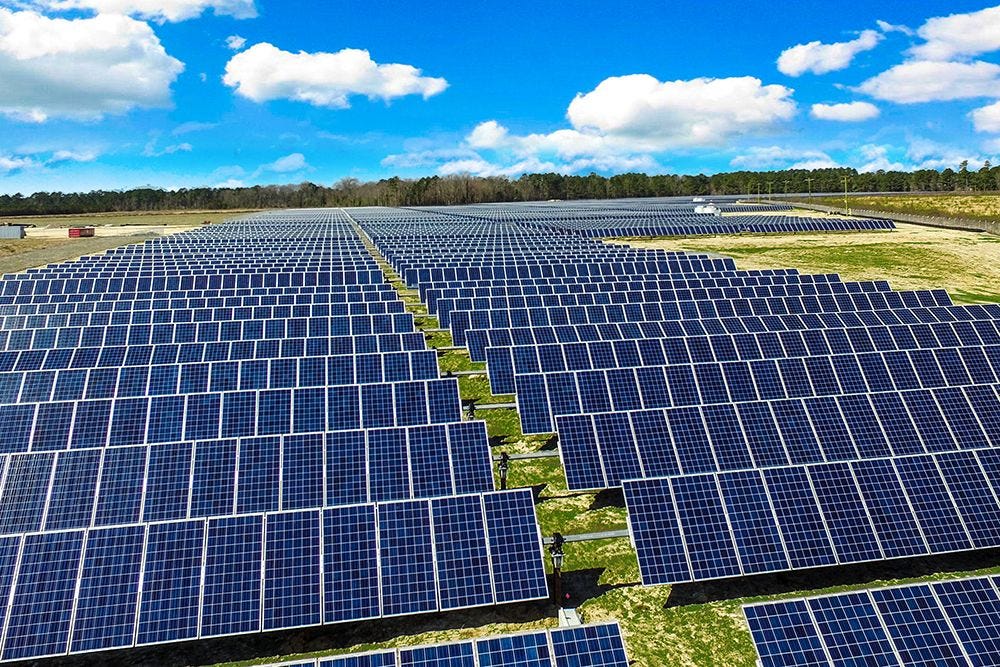Benefits of Solar Panels For Your Home

The main benefits of installing a solar panel for your home are reduced utility bills and resale value. There are also tax credits available to offset your investment. Read on to learn more. There are several other advantages, too, including the positive impact on the environment. You’ll find that installing a solar panel for your home is well worth the cost. Below are some of them. After reading this article, you’ll be well on your way to having a solar panel installed.
Reduced utility bills
Installing a solar panel system can reduce your utility bills. Electricity rates are rising faster than wages and inflation. As a result, normal Americans are paying more for electricity than ever before. By generating your own energy, you can use the excess power to power your home and save money on your electricity bill. Even if you have a small solar installation, you’ll see an immediate difference in your monthly electric bill.
Most utilities offer an annual billing option when you first install solar panels. This annual billing cycle starts on the day the panels are turned on and ends on the date the solar panels are turned off. This billing cycle is called a “true up” bill, which shows how much energy you have generated and consumed. You may also get quarterly statements to check your progress. These statements can help you track the progress of your installation and keep track of your monthly utility bills.
Increased resale value
A study published in Zillow found that homes with solar panels fetched $4,274 more than comparable homes without them. In California, a home with solar panels increased its value by 2.7%, while the median price of a solar-panel-equipped home was $23,247. This increased value is even more significant in larger metropolitan areas, with solar-paneled homes selling for as much as $54,000 higher than homes with traditional power sources.
One reason for the increased value of solar panels is that the resale value of a home with solar panels is higher than comparable homes in less developed areas. This is because buyers are more familiar with solar energy and its benefits, so they will be more likely to pay top dollar for a home with solar panels. However, to get the full resale value of a solar-panel-equipped home, the production capacity of solar panels should be proportional to the size of the house.
Impact on environment
The impact of solar panel installations on the environment is considerable. Construction of solar power facilities generates particulate matter, which is a major pollutant in nearby areas. It is especially detrimental in Class I ecosystems, which include national parks and wilderness areas. Additionally, clearing large tracts of land for solar power facilities can affect native wildlife and vegetation. These impacts may include reduced habitat, interference with rainfall, and direct contact with solar panels that may cause injury. These impacts are further compounded when wildlife species are endangered or vulnerable.
The use of solar power also reduces emissions from fossil fuels. Solar energy produces less carbon dioxide, which means a smaller carbon footprint. Studies have shown that even one home using solar panels has a measurable effect on the environment. In Connecticut, for example, a solar paneled home can reduce emissions equivalent to planting 150 trees every year. That is a huge difference in the environment. In Connecticut, the average household uses 8,288 kWh of electricity a year.
Tax credits
You can claim federal tax credits for installing solar panels on your home. Under the new tax credit, homeowners can claim the tax credit as soon as the construction of the system is complete. To receive the full credit, your system must be operational by the end of 2023. After that, you must pay sufficient federal taxes. Once that deadline passes, the tax credit will be eliminated. So the sooner you install solar panels on your home, the better.
There are two types of incentives available for installing solar panels on your home. The first type of incentive is called a “performance-based” program. Under this scheme, you will receive a credit for each kilowatt-hour of electricity you produce. This type of incentive is different from solar renewable energy credits because you receive a credit for the electricity you generate, not the amount of power you use. In some cases, performance-based incentive programs are available to replace net metering policies, which require that you sell any surplus electricity you produce to the grid.
Comments
Post a Comment